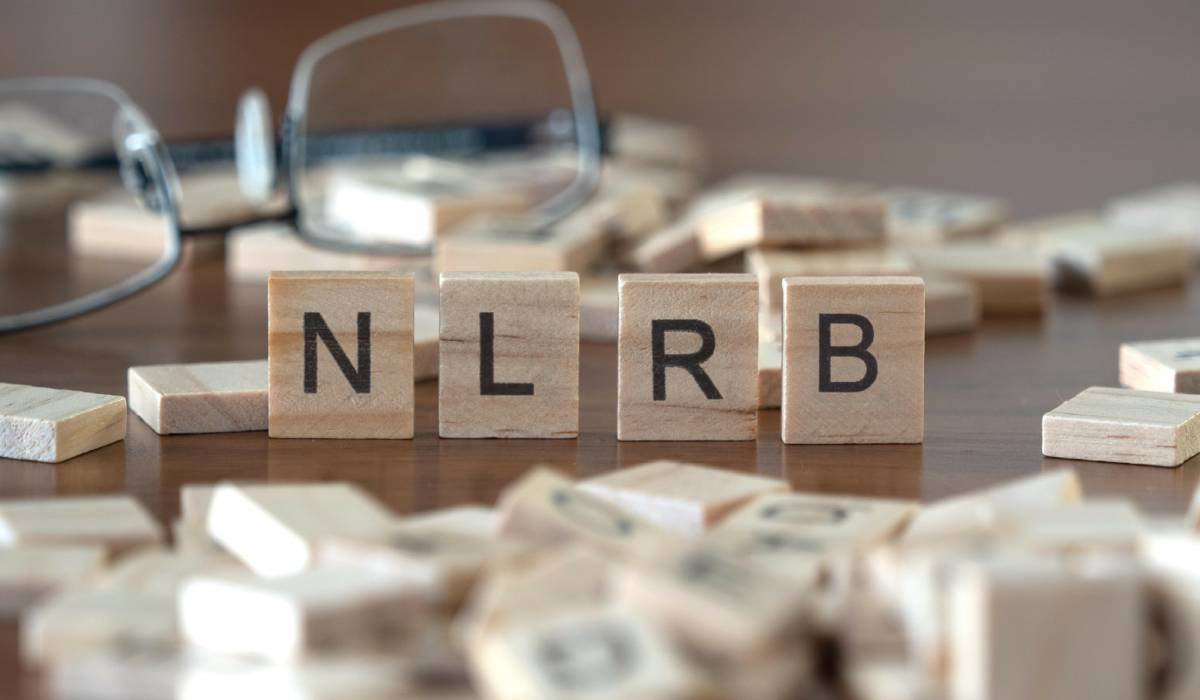The National Labor Relations Board released a new proposal Tuesday that would expand the legal exposure of a franchisor.
The suggested rule centers on joint-employer status, or occasions where franchisees and franchisors share legal responsibility. The NLRB’s proposal states that two or more employers would be considered joint employers if they “share or codetermine those matters governing employees’ essential terms and conditions of employment,” like wages, benefits and compensation, scheduling, hiring, discipline, health and safety, supervision, assignment, and work rules.
The NLRB would consider both direct and indirect control over these employment conditions when determining joint-employer status. Previously, a franchisor was required to have “direct and immediate control” to be considered a joint employer. The “indirect” portion would widen the possibility of a franchisor being involved in worker violations and disputes.
“In an economy where employment relationships are increasingly complex, the Board must ensure that its legal rules for deciding which employers should engage in collective bargaining serve the goals of the National Labor Relations Act,” NLRB Chairman Lauren McFerran said in a statement. “Part of that task is providing a clear standard for defining joint employment that is consistent with controlling law. Unfortunately, the Board’s joint employer standard has been subject to a great deal of uncertainty and litigation in recent years. Rulemaking on this issue allows for valuable input from members of the public that will help the Board in its effort to bring clarity and certainty to these significant questions.”
The definition of a joint-employer has bounced back and forth in the past several years, depending on the politics of the federal government.
This particular proposal would replace a 2020 Trump-era rule that used a four-factor test to determine joint-employer status: Hires or fires the employee, supervises and controls the employee’s work schedule or conditions of employment to a substantial degree, determines the employee’s rate and method of payment, and maintains the employee’s employment records. The limited scope made it less likely for a franchisor to be labeled as a joint employer, and therefore reduced liability when it came to worker-related lawsuits.
Franchisors have lamented expanded definitions of a joint employer, saying it could prevent growth, increase the number of lawsuits, and cause them to be a lot more involved in franchisee-level decisions, like hiring and recruitment.
Michael Layman, the International Franchise Association’s senior vice president of government relations and public affairs, said the proposed rule takes away franchisees’ independence. The organization believes it would be an “unpredictable standard that may lead to finding businesses liable for workers they don’t employ and workplaces they don’t control.”
In 2019, the IFA commissioned a study, before the rule was narrowed in 2020. According to this report, the broader standard cost franchises $33.3 billion per year, resulting in 376,000 jobs lost and a 93 percent increase in lawsuits.
“Franchising has provided hundreds of thousands of people from all walks of life the opportunity to own their own business, and this proposal stands to take that away in favor special interests,” Layman said in a statement. “This rule is yet another example of government officials stacking the deck against franchising, with small business owners and their employees paying the price.”






